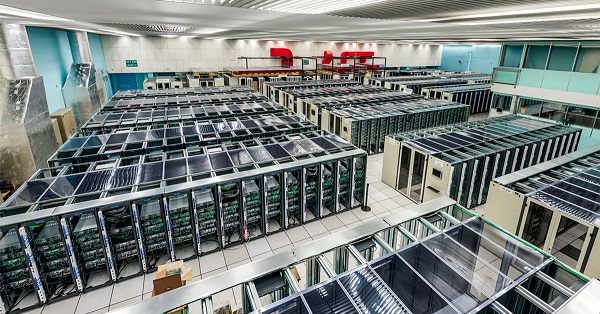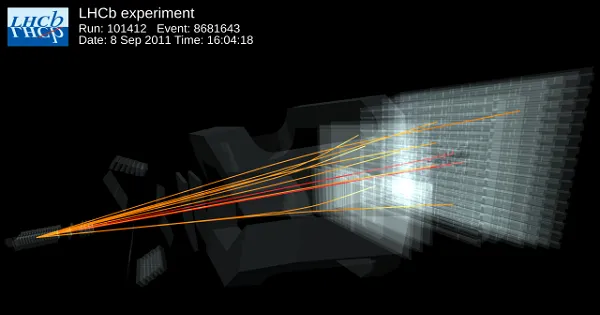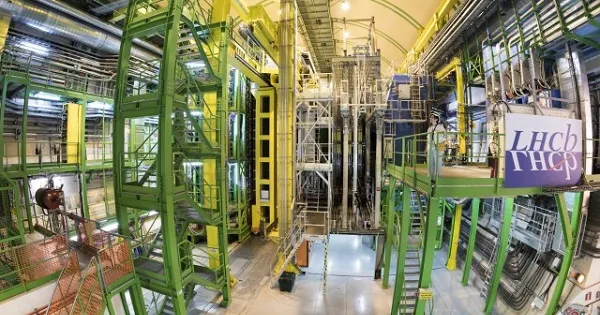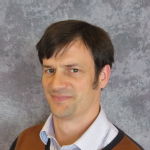Addressing the most profound questions in science
International collaborations in particle physics
Community Expertise is Needed to Address Food Insecurity
Particle physics addresses many of the most profound questions in fundamental science. What are the basic building blocks of matter? What are the fundamental interactions? What happened in the earliest stages of the Universe, and how did that result in what we observe around us today? Large international collaborations are needed to progress towards answering these questions. Bringing together expertise from Warwick and Monash groups has created a unique alliance that enables us to take ever-stronger leadership in these international endeavours.
Complementary strengths
Warwick established a particle physics group in 2004 and now has significant activity in experimental particle physics, but with limited focus in theory. In contrast, the particle physics group at Monash was established in 2007 as a theoretical group and has only started experimental activity in 2017. There are strong mutual interests between the Warwick and the Monash particle physics groups and our complementary strengths provide an excellent basis for collaboration from which synergies will arise.

The Alliance particle physics team
From some time there has been collaboration between Monash and Warwck physics groups, but new opportunities arose when Professor Ulrik Egede moved to Monash Univeristy to start a new group on the Large Hadron Collider (LHCb) experiment. Professors Gershon and Egede had previously collaborated on LHCb, and this enabled discussions about a new collaboration to progress quickly, with strong support from the Alliance. The financial support allowed the project to employ students and Post Doctoral Research Associates to work directly on collaborative projects.
The wider expertise of the team includes Professor Skands (Monash) a world-leading expert in the theory of hadronisation in particle collisions, who leads an international team to provide a simulation program to describe these processes and Dr. Kreps (Warwick), the top expert in the LHCb collaboration for the implementation of simulation codes in the analysis framework, and for tuning them in order to best match the data.
Modelling particle interactions
The work addresses several important questions about how particles are produced. In particle colliders like the LHC at CERN, many different strongly interacting particles (called “hadrons”) are produced. The fundamental physics processes that occur in this hadronisation are extremely difficult to model, and lack of knowledge in this area can impact on essentially all measurements that are made by the experiments. It is therefore extremely important to improve the modelling, which this Alliance project is uniquely positioned to do as it brings together the specialised resources and expertise from both universities.

The necessity for collaborations
It is becoming increasingly clear that the computing needs of large experiments, including those at the LHC, will not be sustainable in future. The amounts of data that are produced would overwhelm the available global storage, and the amount of processing that is required would come an an unacceptable environmental cost. This Alliance collaboration has this research to take a lead in addressing the problem, specifically developing approaches to produce simulated data more efficiently. This has already led to further successful funding applications in both countries, with more predicted. Additionally the Alliance-supported PhD students have benefitted from studying in both locations, giving them experience in different research cultures.
“A highlight of the team's discussions and research so far has been identifying a new type of process that could be searched for in LHCb data. Although this new process is extremely rare, the very large rates of particle production at the LHC mean that it may be possible to observe it, if sufficiently sophisticated analysis methods are used. Alliance researchers produced a standalone publication on the concept (EPJ C82 (2022) 459Link opens in a new window), and have very recently released the first analysis of LHCb data looking for the new process (preprint available at arXiv:2304.01981Link opens in a new window). Although the new process is not discovered yet, this opens a new research direction that can be advanced further in future.” - Professor Timothy Gershon
Progress and publications
The progress of research addressing hadronisation has already led to one publication (EPJ C82 (2022) 773) and several improvements in software packages that will be released publicly. Thanks to the Alliance has the Monash group has grown, with the appointment of a second academic member of the group. This enables Monash to be a full member of the LHCb collaboration, independent of Warwick, rather than being an associated member (a category used for smaller groups).
Principal Investigators
Discover More
Engage with us
Interested in joining our portfolio of prestigious international partners?
Working with international partners and looking for support?
Get in touch with one of our regional leaders to kick start a new endeavour or bring the University of Warwick to your region.
Subscribe to Our Newsletter
Interested in joining our portfolio of prestigious international education partners?
Then please, get in touch with us to kick start a new endeavour to bring a slice of the University of Warwick to your region, today.



